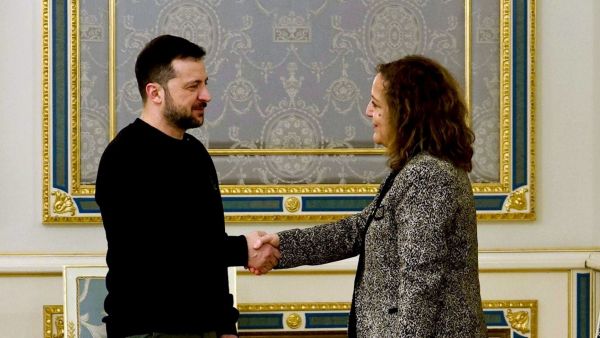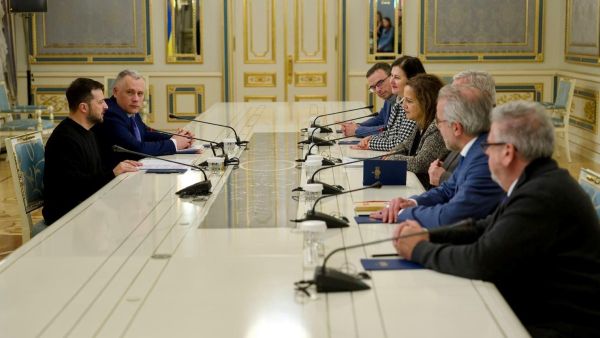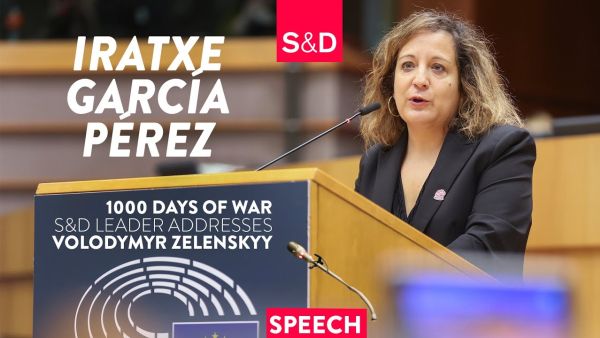Today the European Commission proposed to the Council and the European Parliament to lift the visa requirements for the people of Kosovo. In addition, the Commission announced the proposal of visa liberalisation for Georgia and Ukraine.
Commenting on Kosovo, S&D vice-president Knut Fleckenstein, responsible for foreign affairs, neighbourhood policy and enlargement, said:
"I welcome and fully support the European Commission's proposal to liberalise the visa regime for Kosovo. I urge the Council and the European Parliament to swiftly give their green light for a quick implementation of this decision.
"Today, Kosovo remains the only Western Balkans country whose citizens do not yet enjoy visa-free travel in the Schengen zone. Therefore, visa liberalisation is an important step for Kosovo that would strengthen both personal and economic ties. It would remedy the sense of isolation felt by many Kosovan citizens, as it would support Kosovo's regional and European integration. In addition, it would help to curb irregular immigration.
"As a way of promoting people-to-people contacts and enhancing relations with the EU, the S&D Group has consistently supported visa liberalisation for the Western Balkans and Eastern Partnership countries. It is one of the main pillars of the European enlargement and neighbourhood policy and sends a strong message to the citizens of the Western Balkans and Eastern Partnership countries on continued support from the EU."
With regard to Georgia and Ukraine, Knut Fleckenstein concluded:
"I welcome that the European Commission is also proposing visa liberalisation for Georgia and Ukraine. The citizens of these two EU neighbouring countries would greatly benefit from this. It is a particularly valuable tool for enhancing people-to-people contacts, including for students, academics, teachers, cultural figures, business people and civil society representatives.
"Finally, the visa liberalisation with Kosovo, Ukraine and Georgia would also increase the attractiveness of the EU for the populations of these countries, thus contributing to the reform processes destined to bring them closer to the EU."









